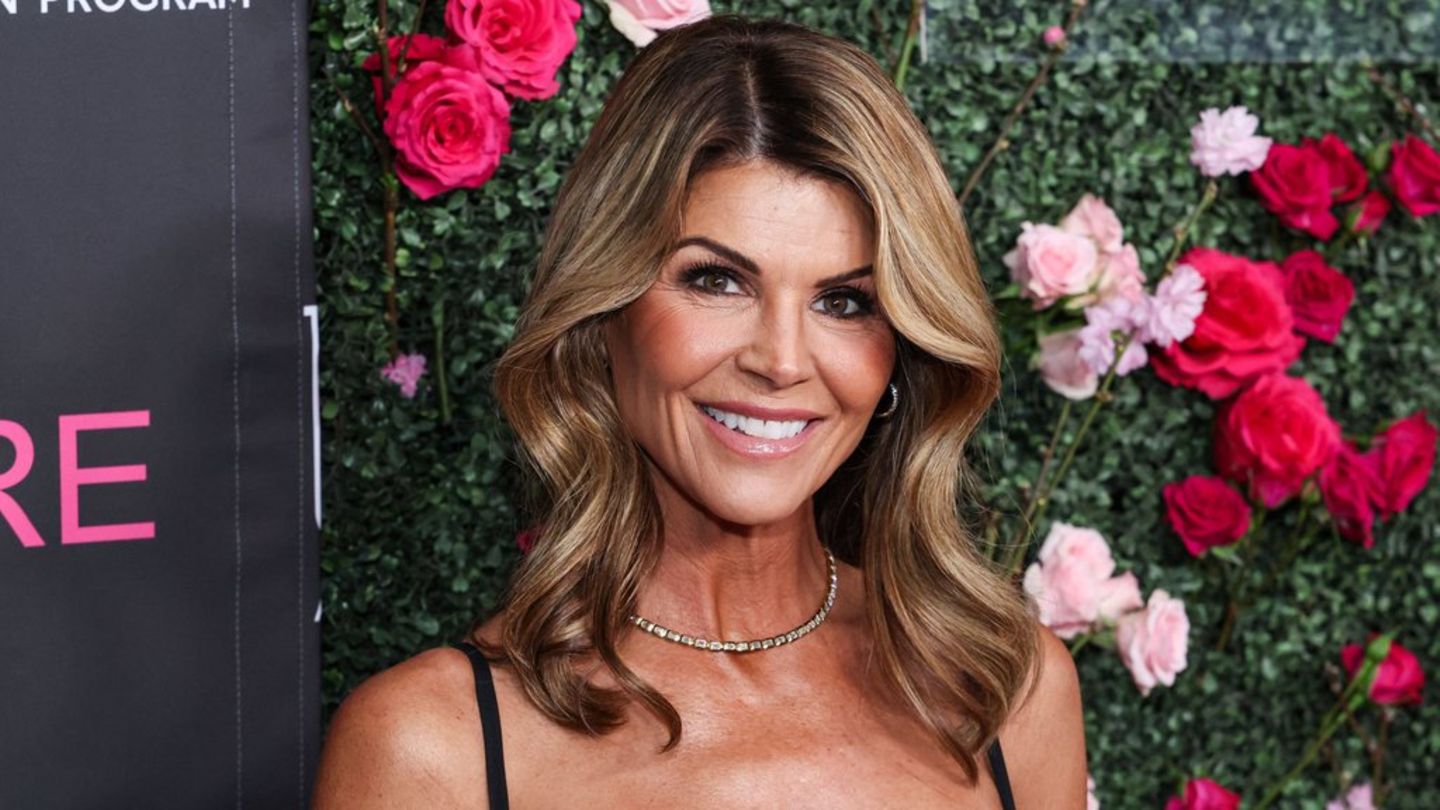The tractors are gone again, but the anger among many farmers is still there. Politicians therefore want to open up perspectives for the industry. Is something happening now to finance more sustainable animal husbandry?
Schnitzels and chops in the supermarket shouldn’t be too expensive. But how can pigs get more space in the stable, which is what many people want? To ensure that farmers are not left with billions in additional costs for better animal husbandry, reliable financing is needed. But all approaches to this have been politically stuck for years. Now Federal Agriculture Minister Cem Özdemir wants to take advantage of the opportunity as a result of the farmers’ protests. A long-discussed “animal welfare cent” must now come, said the Green politician on Tuesday in Berlin.
Özdemir now used the new term “animal welfare cent” noticeably frequently. This is about an “animal welfare levy” on animal products in supermarkets that was recommended in 2020 by a commission headed by former Agriculture Minister Jochen Borchert. In the traffic light coalition, the FDP had previously persistently raised objections to this. Now she has signaled openness in the face of the farmers’ protests.
Özdemir said his house and the Ministry of Finance could write down a model for an “animal welfare cent” relatively quickly. But this now requires “a clear commitment” from the entire traffic light and also the support of the opposition. “Anyone who leaves the field is showing agriculture the red card.” Environment Minister Steffi Lemke (Greens) said that if the problems do not want to be addressed through changes to the VAT system, an “animal welfare cent” would be the most sensible way to make necessary investments available now.
Renovation of the entire animal husbandry
Specifically, the Borchert Commission had identified a gradually increasing need for financing – up to 3.6 billion euros annually in 2040 for the conversion of the entire animal husbandry. In order to raise the money, a volume-based levy on animal products would be “the most suitable solution”. As a guide, the committee mentioned possible price surcharges for supermarket customers. Around 40 cents per kilo of meat and sausage, 2 cents per kilo for milk, dairy products and eggs and 15 cents per kilo for cheese and butter would be conceivable. Such a levy should be “accompanied by social policy,” the experts recommended with a view to low incomes.
Özdemir made it clear that price surcharges are likely to involve “significantly smaller sums,” as he said on the TV channel Welt. The animal welfare tax was calculated by the Commission for all animal species and all distribution channels. “We’re taking a step-by-step approach, starting with pig farming.” The coalition has initially reserved one billion euros as start-up financing for stable renovations and ongoing additional costs for pigs, which should last until 2026.
Lemke, who is also consumer protection minister, said: “What people don’t want is to have to pay more for a schnitzel that was not produced under good conditions. But if things can be better for the animals, then there is a great willingness there is a bit of a price premium to accept.” The fact that the Borchert concept is now suddenly on the agenda comes as a bit of a surprise. Probably also for the commission itself. It only stopped work and dissolved in the summer – due to a lack of prerequisites for the successful implementation of its recommendations.
Union wants to submit an application
Özdemir now has to get the co-ruling FDP on board, but is also looking towards the opposition. “Farmers think in terms of generations, not legislative periods. They want to be able to rely on it if the government changes one day,” he said. And warned: “Anyone who says no to animal welfare cents is saying no to animal husbandry in Germany.”
The Union wants to submit a motion to the Bundestag this Thursday that also advocates implementing the “sustainable and socially recognized recommendations” of the Borchert Commission. But criticism also came promptly. “That would lead to a further increase in the price of food,” said CSU regional group leader Alexander Dobrindt. In view of inflation and food price increases of 12 percent, further price-increasing measures are the “fundamentally wrong signal”. It makes more sense to think about reducing VAT on basic foodstuffs.
Source: Stern




